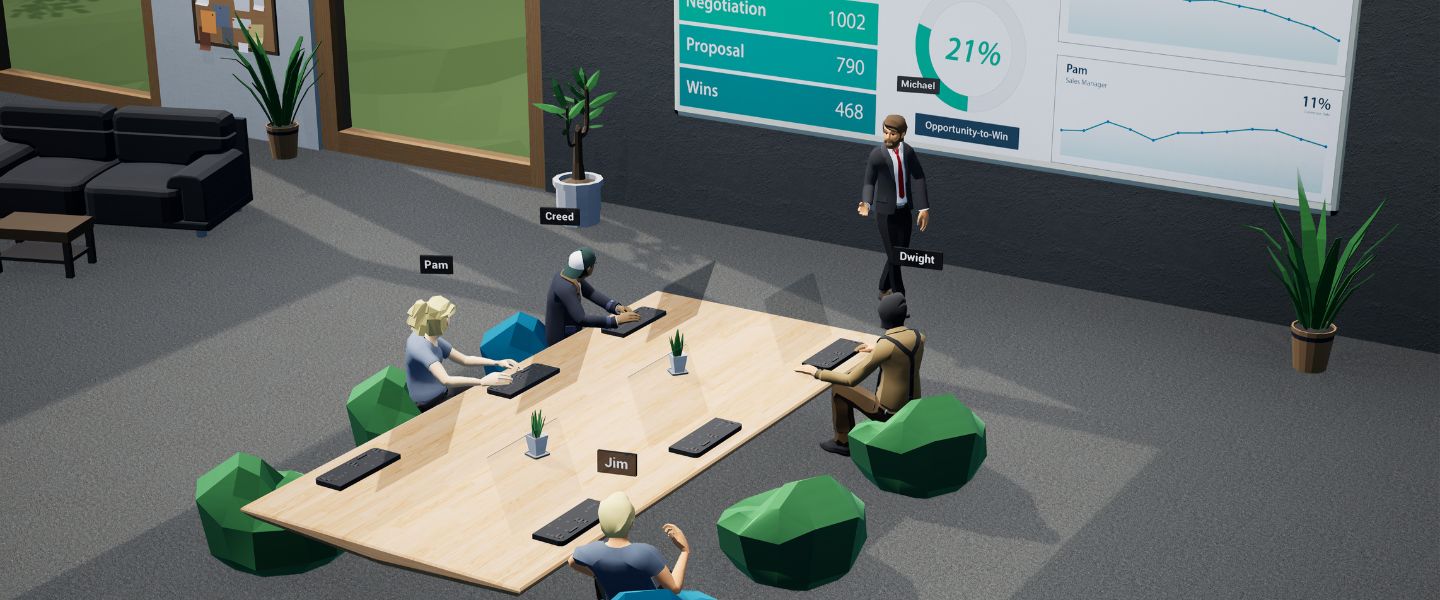MAS Holdings: Providing design to delivery solutions to the global apparel industry
MAS is an apparel supplier to the world’s leading brands. Beginning January 2005, a quota-free international textile trade regime will replace country-specific textile quotas for goods entering WTO member states. Small apparel manufacturers are not expected to survive – Chinese firms could corner as much as 50% of the worldwide market. The case looks at how MAS should be organized to best meet customer demands in a rapidly changing, fashion-driven industry where both speed and flexibility in operations are critical to success. How vertically integrated should MAS become? Should it invest in building a retail brand? Or should it go downstream and bring raw material suppliers in-house? Or instead focus on configuring its supply chain to optimize its existing business processes? How should MAS manage and deploy its IT systems to improve knowledge sharing and information management capabilities across the organization, and perhaps strive for a competitive edge?
Cranfield University
Wharley End Beds MK43 0JR, UK
Tel +44 (0)1234 750903
Email [email protected]
Harvard Business School Publishing
60 Harvard Way, Boston MA 02163, USA
Tel (800) 545-7685 Tel (617)-783-7600
Fax (617) 783-7666
Email [email protected]
NUCB Business School
1-3-1 Nishiki Naka
Nagoya Aichi, Japan 460-0003
Tel +81 52 20 38 111
Email [email protected]
IMD retains all proprietary interests in its case studies and notes. Without prior written permission, IMD cases and notes may not be reproduced, used, translated, included in books or other publications, distributed in any form or by any means, stored in a database or in other retrieval systems. For additional copyright information related to case studies, please contact Case Services.
Research Information & Knowledge Hub for additional information on IMD publications
This technical note presents the Flywheel Portfolio Framework, a systematic approach for diagnosing and managing the reinforcing cycles that drive organizational performance. Building on Jim Collins's flywheel concept from Good to Great, the frame...
This technical note presents the Flywheel Portfolio Framework, a systematic approach for diagnosing and managing the reinforcing cycles that drive organizational performance. Building on Jim Collins's flywheel concept from Good to Great, the frame...
This technical note presents the Flywheel Portfolio Framework, a systematic approach for diagnosing and managing the reinforcing cycles that drive organizational performance. Building on Jim Collins's flywheel concept from Good to Great, the frame...
Research Information & Knowledge Hub for additional information on IMD publications
Research Information & Knowledge Hub for additional information on IMD publications
in I by IMD
Research Information & Knowledge Hub for additional information on IMD publications
in I by IMD
Research Information & Knowledge Hub for additional information on IMD publications
Research Information & Knowledge Hub for additional information on IMD publications
Research Information & Knowledge Hub for additional information on IMD publications
Research Information & Knowledge Hub for additional information on IMD publications
Research Information & Knowledge Hub for additional information on IMD publications
Research Information & Knowledge Hub for additional information on IMD publications
Research Information & Knowledge Hub for additional information on IMD publications








